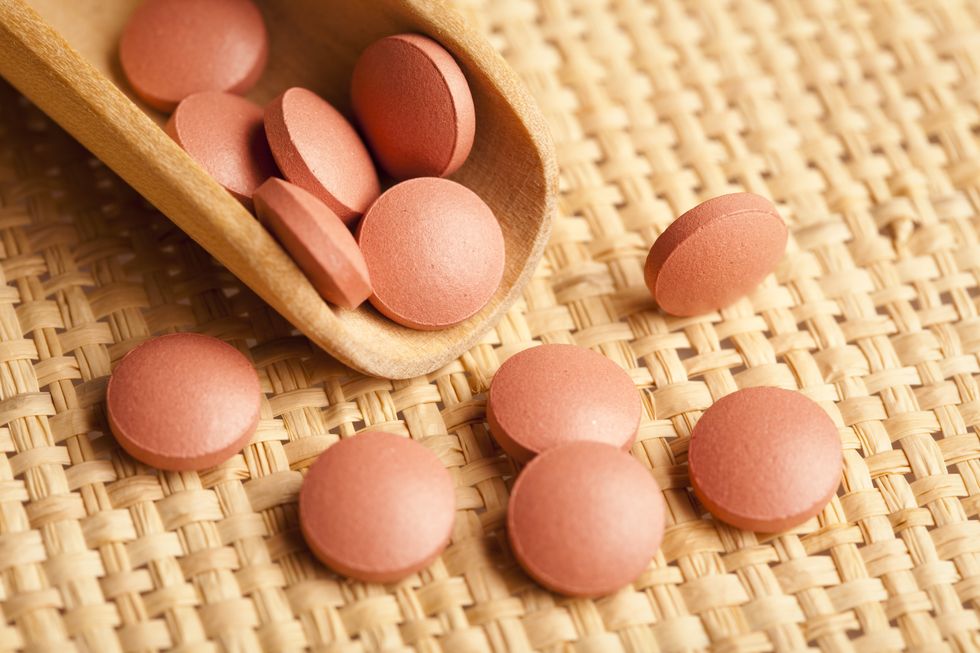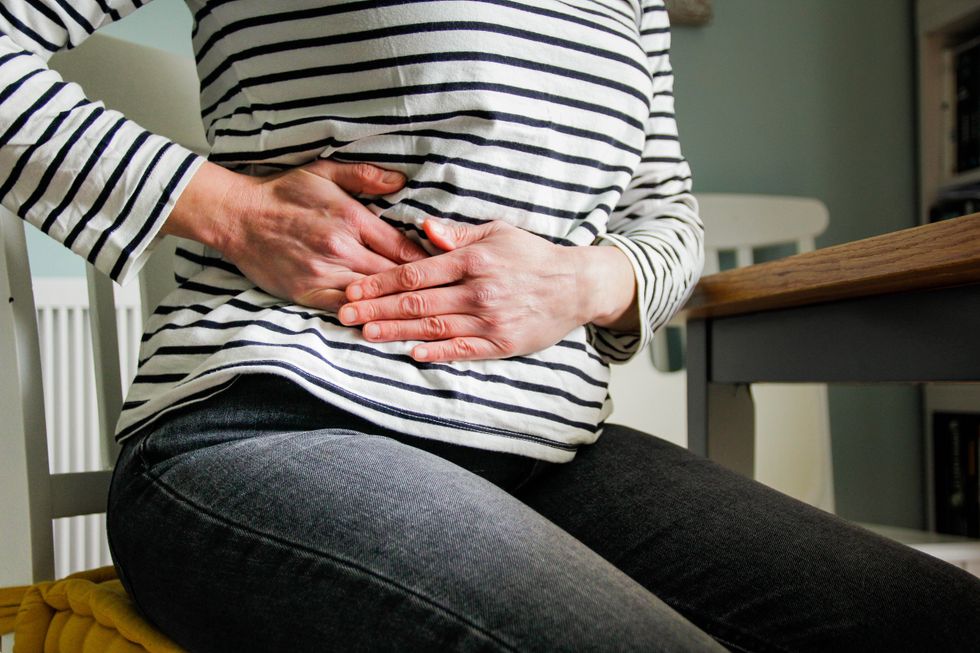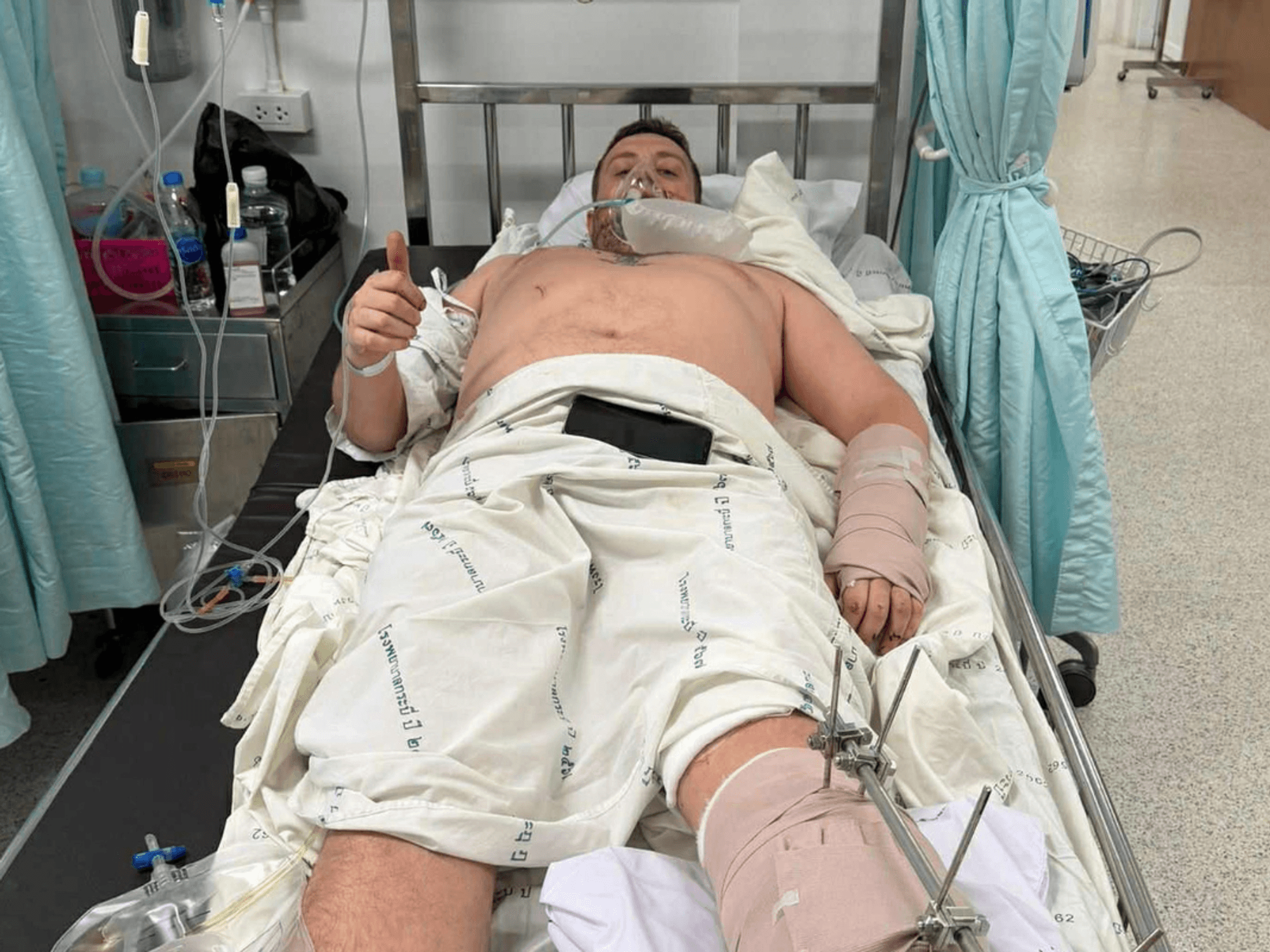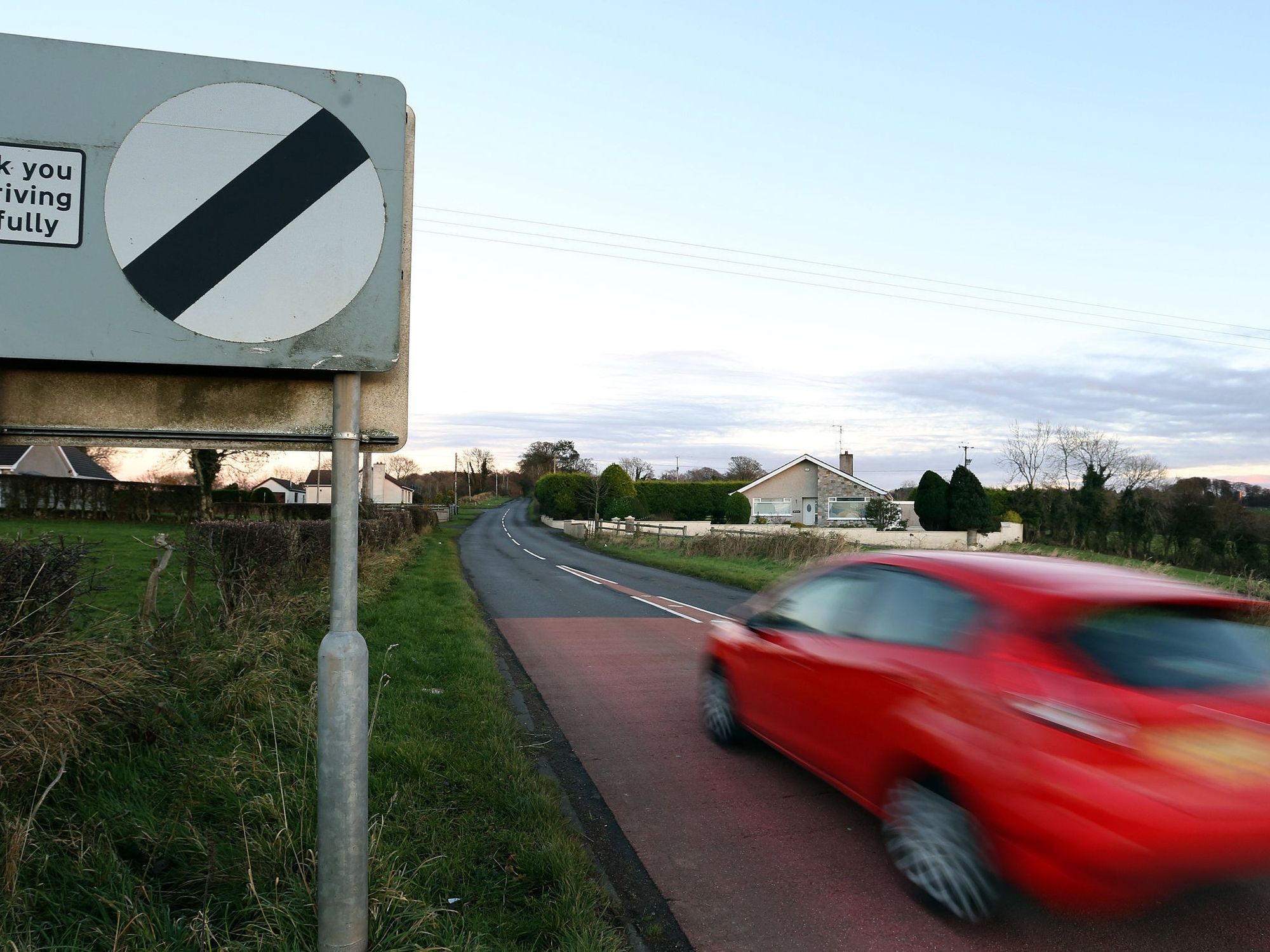High cholesterol: Supplement lowers levels by up to 34% in patients who don't take statins

The natural supplement has emerged as an alternative to prescription medication
Don't Miss
Most Read
High cholesterol is one of several "silent killers" that show no outward signs. While it is often treated with medicine, not everyone is eligible for statins.
Fortunately, red yeast rice supplements have emerged as an alternative to prescription medication for those seeking to lower their cholesterol levels.
They contain a compound called monacolin K, which is structurally identical to lovastatin, a prescription statin medication used to reduce cholesterol and triglycerides.
The supplements are produced by fermenting a fungus, typically Monascus purpureus, on rice, resulting in a bright red or purple colour.

Red yeast rice supplements are produced by fermenting a fungus
|GETTY
It is through this fermentation process that the rice develops monacolin K, which may offer similar benefits to lovastatin.
Available in capsules, powders and tablets, red yeast rice has attracted attention from people with mildly to moderately elevated cholesterol levels.
Studies have demonstrated that red yeast rice extract containing adequate amounts of monacolin K can reduce low-density lipoprotein (LDL) cholesterol by 15 per cent to 34 per cent.
It's also been noted that these supplements may lower cholesterol as effectively as low-dose statins in people with mild to moderately elevated LDL levels, though not in those with very high cholesterol.
However, the effectiveness depends heavily on monacolin K content, which varies significantly between brands.
Testing of 28 red yeast rice supplements revealed that two contained no detectable monacolin K, while the remainder contained between 0.09 and 5.48 mg per 1,200 mg dose.
Most studies supporting cholesterol-lowering benefits used products containing 3 to 10 mg of monacolin K.
Safety concerns surrounding red yeast rice supplements have been documented in research, however.
Studies suggest these supplements may cause mild to moderate side effects, including constipation, diarrhoea, nausea, gas, abdominal pain, headache, eczema and bladder inflammation.
More seriously, case reports have documented kidney injury from red yeast rice, likely caused by contamination with citrinin, a toxic substance.
LATEST DEVELOPMENTS

Abdominal pain has been reported in subjects taking red yeast rice supplements
| GETTYSeveral groups should exercise particular caution with red yeast rice supplements. People already taking statins should avoid these products as they can compound effects and potentially lower cholesterol excessively.
Pregnant and breastfeeding women should not use red yeast rice, as safety data for these populations remains unknown.
Those with kidney disease or at risk for it are advised against using these supplements due to potential kidney injury from contaminants.
The long-term safety of red yeast rice remains unknown, with studies evaluating safety ranging from only four to 24 weeks.
Healthcare providers should be consulted before starting red yeast rice supplements to determine appropriateness for individual circumstances.











